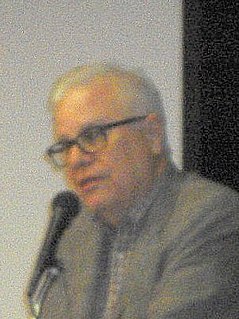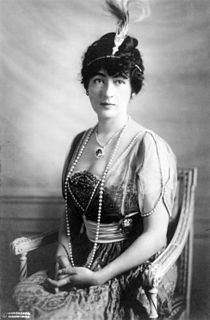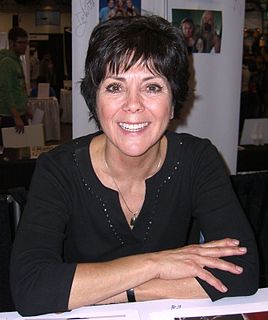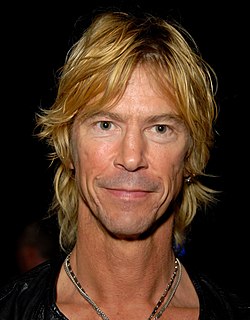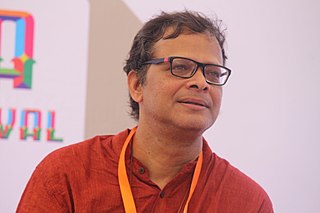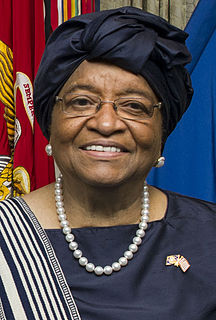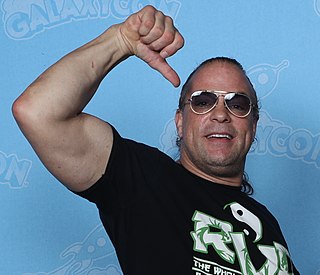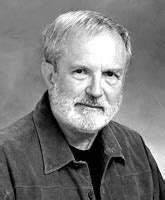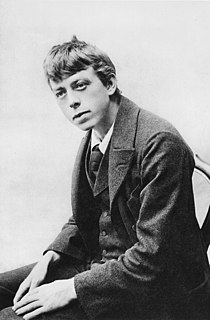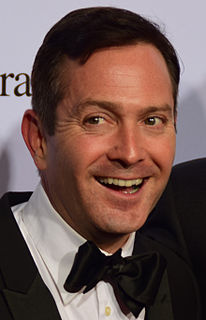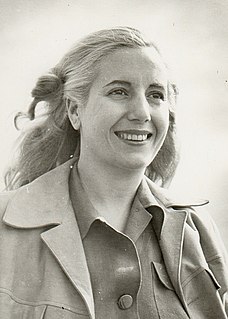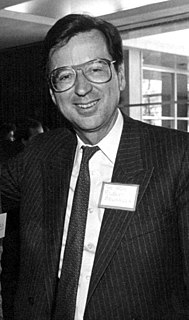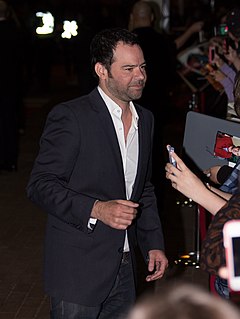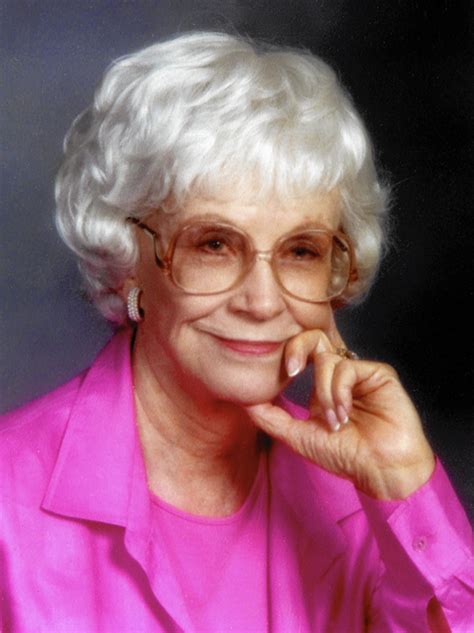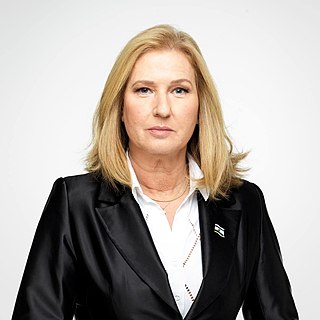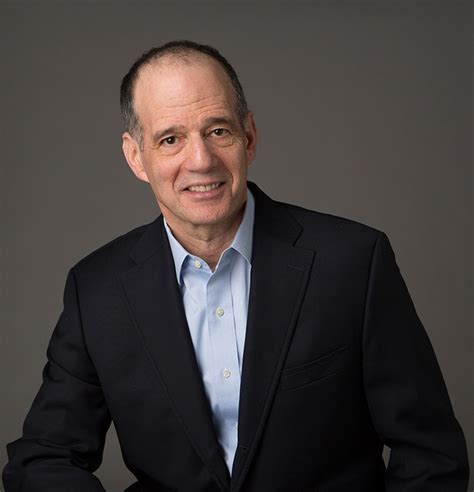Top 1200 Were Quotes & Sayings - Page 19
Explore popular Were quotes.
Last updated on April 16, 2025.
My children came out as individuals in their own right. They were not my products. They had their own characters and were very strong-minded. I gave them a lot of freedom when they were still very young. The one thing they got from me is morals. They would never betray anyone. They are really good people.
[On her morphine addiction:] I was meant to 'taper off.' At times I felt such pains as must afflict a creature while a bigger beast eats and claws at its middle. God-awful things were hiding underneath my bed, and it was no use telling me they were not there - I knew they were, and felt their dreadful ever-changing shapes.
I was obsessed with the scientific instruments people were building and all the weird experiments they were doing. I did actually wind up working in some of that, but there were whole sections I'd written about these instruments that ultimately had to be abandoned when I realized that the book really was about Margaret Cavendish. I couldn't justify using all of them.
Back when I was single and Guns were on the 'Illusions' tour, chicks were, like, left and right. They were falling over themselves. And I saw the sadness in that. The first six months of that, it's like, 'Killer! Chicks are hot. They're into me.' And then you realize they're not really into you. They're into the guy they saw on the JumboTron.
I want you to try and remember what it was like to have been very young. And particularly the days when you were first in love; when you were like a person sleepwalking, and you didn’t quite see the street you were in, and didn’t quite hear everything that was said to you. You’re just a little bit crazy. Will you remember that, please?
I'm from a working-class family. We didn't have a lot, but we had the arts. You're talking to a guy who is making a living at doing what he loves doing - acting, singing and dancing. So any career ups and downs were not that significant to me; the only things that really powerfully impinged on me were my losses, and there were many in my life.
I went through a really good-looking phase from birth to 9. And then things went crazy. I don't know what happened, but between 9 and 14 it was really, really rough. I didn't have a lot of friends. The only ones who were nice to me were the theater kids. And they were like, 'You can come and join us. No one likes us.
I didn't go to bookshops to buy. That's a little bourgeois. I went because they were civilized places. It made me happy there were people who sat down and wrote and wrote and wrote and there were other people who devoted their lives to making those words into books. It was lovely. Like standing in the middle of civilization.
My calling was first of all to ensure there was peace in the country, because we could easily have gone back to war. In the midst of the country, there were still warlords; there were many child soldiers who had never gone to school - they were part of the social setting - compromises had to be made.
In my mind at that time, at 14, the men who were successful were Stallone and Schwarzenegger and guys like that - Harrison Ford - who were these men of action. I was like, "Okay, they're successful, they're not getting evicted, they built their bodies - I'm gonna go build my body." It was like that.
The trouble with Eichmann was precisely that so many were like him, and that the many were neither perverted nor sadistic, that they were, and still are, terribly and terrifyingly normal. From the viewpoint of our legal institutions and of our moral standards of judgment, this normality was much more terrifying than all the atrocities put together.
Your very eyes. How they have always been for me the command to obey, the inviolable and beautiful commandment. No, no, I'm not telling lies. Your appearance in the doorway! ... You have been my body's health. Whenever I have read a book, it was you I was reading, not the book, you were the book. You were, you were.
I went through a really good-looking phase from birth to 9. And then things went crazy. I don't know what happened, but between 9 and 14 it was really, really rough. I didn't have a lot of friends. The only ones who were nice to me were the theater kids. And they were like, 'You can come and join us. No one likes us.'
It used to be that if someone was to get involved in feminism, it was probably because they were already interested. They were already interested in feminism; they were already interested in being an activist, and they found their way to like a NOW meeting or to a consciousness-raising group or something like that.
I think people were not expecting us [with Robert Ben Garant] to, they were just like, "Well here come the writers," but we both were coming out of a sketch comedy background, so when we pitch a movie, we play every character in the film. You act it out, you perform it - you do a 10-minute performance of the movie.
When I was 18, I went to the Soviet Union. I kept hearing that America was planning to bomb them - lots of bombs were going to come down on these people. I went there not knowing anything, except that I thought the whole thing was stupid and that I wanted to see who these people were that we were going to bomb.
It's quite interesting, looking back at the first one [film about Harry Potter], nobody knew whether or not it was going to be successful as a film. The books were of course already very successful, but that's happened before, where the books were successful and the films weren't at all. But it turned out that they were.
I've always thought that people who left a great deal of money in their will never enjoyed the great honor and privilege and heart-rendering feeling of giving to others during their lifetime, because they were too selfish to give to others while they were alive, so they made sure they were dead and couldn't use it anymore.
Handwritten political posters - often composed in an artless and unadorned style, usually just words on plain white paper - were ubiquitous in South Korea in the 1970s and 1980s and were one of the few outlets available for expressing political views. Most posters were anonymous and put up under the cover of night.
When I was four I joined a group of girls who were talking about their party dresses. I thought they were imagining, so I imagined a fantastic pink velvet dress with lots of jewels. But they were simply describing what they actually wore, and they had utter contempt for my obvious fiction. After that, I never joined a group again.
It was assumed that you can't touch evangelical Christians. "Oh, they're the Republican Right. Stay away from those people. Don't even try to talk to them." Well, what's interesting is that there were evangelical Christians who were voting for Kerry. There were right-to-lifers who were voting for Kerry. And it's interesting to listen to the reasons why. To ignore that segment of the electorate is moronic. Particularly if you don't know who those people are, or what their concerns are.
We in the Negro leagues felt like we were contributing something to baseball, too, when we were playing. We played with a round ball, and we played with a round bat. And we wore baseball uniforms, and we thought that we were making a contribution to baseball. We loved the game, and we liked to play it.
I loved them all the way one loves at any age -- if it's real at all -- obsessively, painfully, with wild exultation, with guilt, with conflict; I wrote poems to and about them, I put them into novels (disguised of course); I brooded upon why they were as they were, so often maddening don't you know? I wrote them ridiculous letters. I lived with their faces. I knew their every gesture by heart. I stalked them like wild animals. I studied them as if they were maps of the world -- and in a way I suppose they were.
But you were always a good man of business, Jacob,' faltered Scrooge, who now began to apply this to himself. Business!' cried the Ghost, wringing its hands again. "Mankind was my business; charity, mercy, forbearance, and benevolence, were, all, my business. The deals of my trade were but a drop of water in the comprehensive ocean of my business!
Books were the window from which I looked out of a rather meager and decidedly narrow room onto a rich and wonderful universe. I loved the look and feel of books, even the smell... Libraries were treasure houses. I always entered them with a slight thrill of disbelief that all their endless riches were mine for the borrowing.
I had said that Le Guin's worlds were real because her people were so real, and he said yes, but the people were so real because they were the people the worlds would have produced. If you put Ged to grow up on Anarres or Shevek in Earthsea, they would be the same people, the backgrounds made the people, which of course you see all the time in mainstream fiction, but it's rare in SF.
Something happened to the State of Israel. What was morally obvious in 1948 is not so obvious anymore. When the State of Israel was established, it was, for the parents and grandparents of these young Jews, a miracle. It was David and Goliath. We were the just cause. It was about values. We were small, but we were the good guys in the world!
There were many good years. Good decades, good centuries. We believed we were living in paradise. Perhaps that was our downfall. We wanted our lives to be perfect, so we ignored imperfections. Problems were magnified through inattention and war might have become inevitable if the Bore hadn't ever made.
My life certainly hasn't been ordinary: different is the word. It hasn't always been stable - except in the important things which are love and security within the family. Whenever there were strains at home, we could always communicate. The rule was that the younger you were, the louder you were allowed to scream. As the eldest, I just talked.
The feel of a good row stays with you hours afterward. Your muscles glow, your mind wanders from the papers on you desk and goes back, again and again, to that terrific power piece at the end of the workout when it felt as if you and the boat were flying, as if you legs were two cannons and your arms were two oars and the great lateral muscles of your back were pterodactyl wings and the brim of your baseball cap was a harpoon.
I've often said that there's no one thing that I do or have done that is particularly unique. There have been a lot of other authors who were in the military. There have been a few others who were pilots. There have certainly been a lot of other people who were in politics or served congressional staffs.
My husband and I, when we had our five children and they were grown, we thought we were entitled to grandchildren. And so we were just expecting this to happen; of course, nothing was happening. And then we kept begging, bribing, cajoling, anything - threatening to adopt our own grandchildren - and finally, we got some grandchildren.
In fact, if law were restricted to protecting all persons, all liberties, and all properties; if law were nothing more than the organized combination of the individual's right to self-defense; if law were the obstacle, the check, the punisher of all oppression and plunder - is it likely that we citizens would then argue much about the extent of the franchise?
I mean, the thing about Guns N' Roses was that it wasn't trying to attach itself to the '80s, or anything that had to do with the '80s. It's just who we were at that time. We were doing what we wanted to do. That had really nothing to do with anything around us, except for the simple fact that we were rebelling against that stuff.


